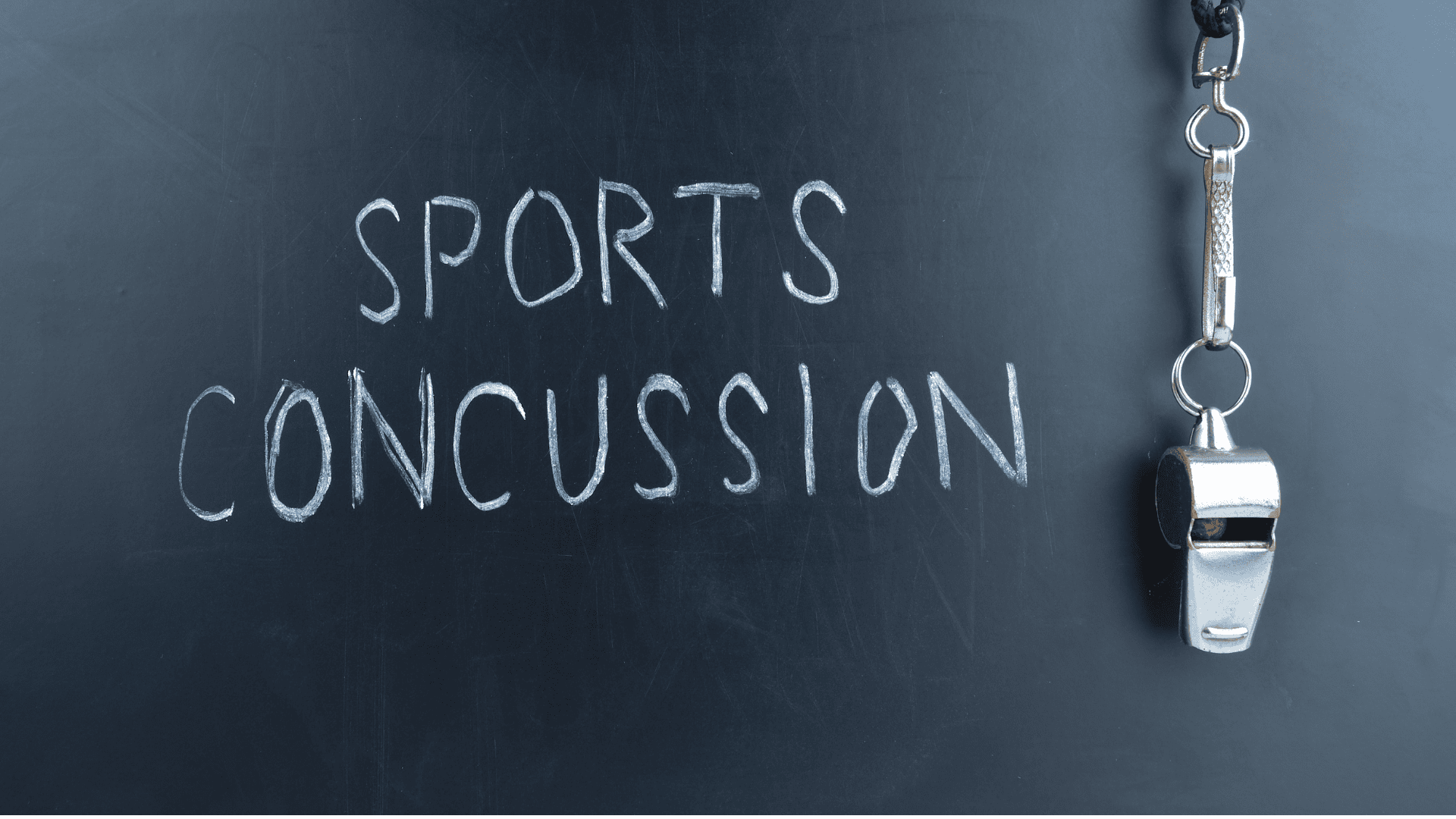
Concussion is a rapidly changing and expanding field within the health care realm.
Concussion Screening
Concussion was once thought to be a transient condition. However, dependent upon the study, evidence shows us that anywhere between 5% and 50% of those who suffer a concussion may have ongoing symptoms at 1 year post injury!
Return to sport timeframes are person specific and general guidelines should not be used.
Return to contact sport or vigorous activity too soon can have consequences. Even minor impact to head, neck, upper back or shoulder(s) have a sizeable chance of triggering further changes within the brain. In some cases secondary trauma can lead to the onset of serious or even fatal conditions such as second impact syndrome
Many symptoms of concussion can actually be quite subtle and are commonly mistaken for other types of injury. For this reason concussions are highly under-recognised in sports.
Baseline testing can give us a reference point to test against in the days following any head trauma. This can increase our ability to detect concussion and manage appropriately .
This testing goes far beyond simple cognitive assessment. Amongst other things we also test balance, co-ordination, decision making, function of the head, neck and trunk
Concussion Management
Should a concussion be identified it is vitally important that it is managed appropriately
Contrary to previous beliefs, complete rest is not appropriate. Concussion management is an active process that is entirely individualised and based upon the persons presenting signs and symptoms.
Correct management can improve recovery times and prevent the chances of developing persistent symptoms or post concussion syndrome
However, improper rehabilitation can actually worsen symptoms!
Treatment & management of concussion therefore requires a good understanding of the condition and the individual.
Once on the road to recovery concussion prevention strategies can be a useful tool to reduce the risk of another episode.
Improper management of an initial concussion increases the risk of developing long term symptoms. With each subsequent concussion magnifying this risk further


